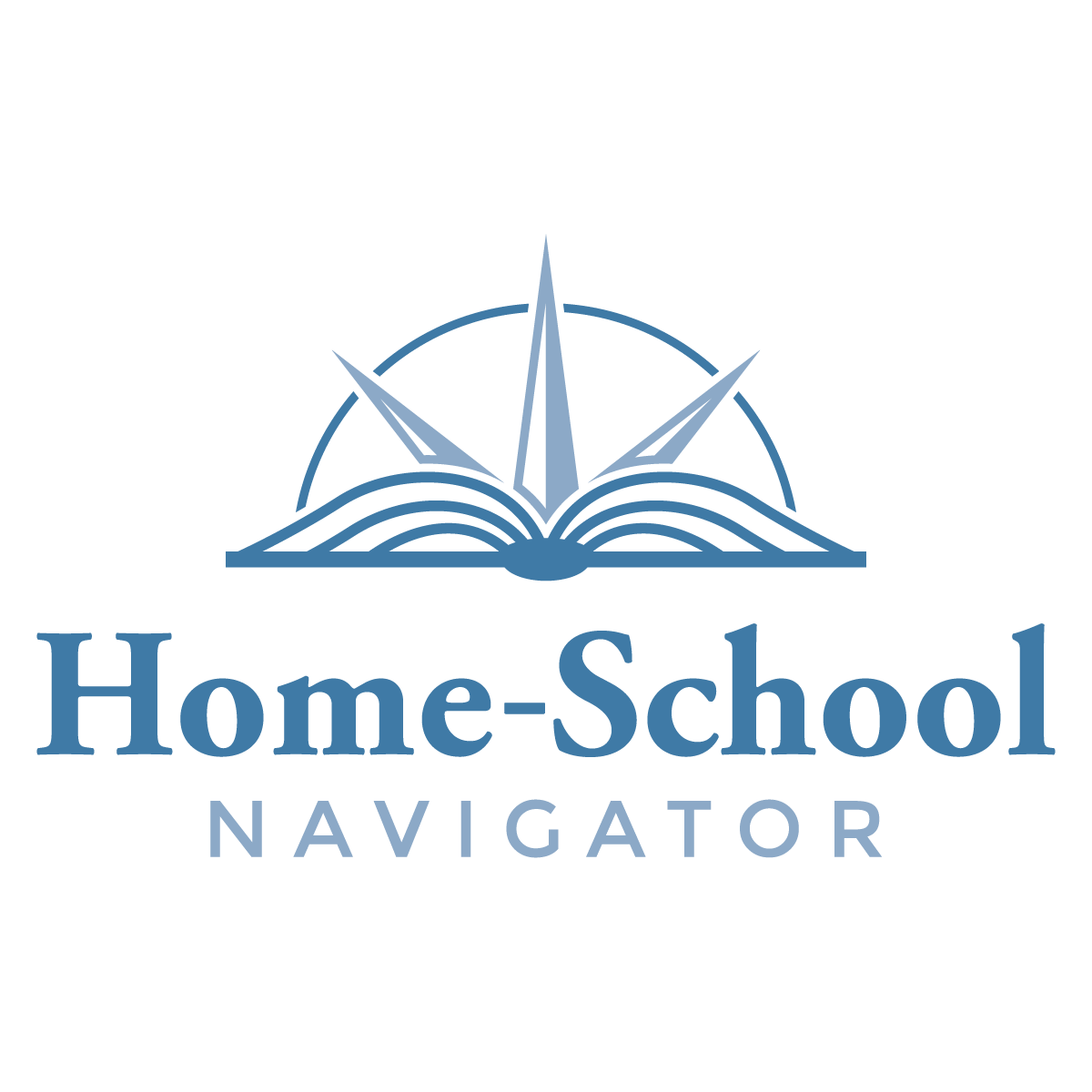Want your kindergarten aged child to become a strong reader and writer? Take him or her to a botanical garden, history museum, or the zoo. Whereas this might seem counter-intuitive, there is strong evidence linking the understanding and experiences of science and social studies with building stronger readers. Early exposure to different ideas found in science and social studies can make for better readers later on.
Simply put, a lot of reading in the later elementary, middle school, and high school years is based upon the foundation of what is laid in the early learning years. The way that our brains work, we simply attach and connect new ideas and learning to concepts and ideas (or schema) that we already know. We layer the new information that we learn on top of what we already knew and if we want the information to be recalled later, we must connect that new information with what was previously learned. An example of this might occur if a child is reading a story about the ball game, cricket. The child will be able to comprehend more of the story if he or she can connect the idea of cricket with a game that he or she already knows, perhaps like the game of baseball. With this framework of how a game of baseball is played in the child’s mind, the story about a player playing cricket will make more sense to the reader.
In early learning experiences it is, therefore, an excellent idea to help create this framework that will be helpful in supporting all sorts of future learning. It is especially helpful to take young children to outings that will help support their understanding about the world involving the areas of science and social studies. These activities could include: going to the zoo, a history museum, a conservatory, an observatory, participate in a program at a local metro park, or even going to a local pumpkin patch. In all of these activities, children are given the opportunity to experience the world and gain further understanding of how things work.
With my own children, we were very fortunate to live in an area with access to many of these experiences. On one occasion, we were able to take them to a children’s museum that had an exhibit about the famous terra-cotta army of Emperor Qin Shi Huangdi of China. In the exhibit, plastic models of the famous terra-cotta warriors were scattered around and the children were invited to piece them back together. A video explained a little about the history of the actual soldiers and mentioned how the soldiers were originally painted to look life-like. Years later, when they studied Emperor Qin Shi Huangdi, both children were able to recall that exhibit and some of the information that it explained and were able to attach the new information that they learned about the emperor’s actual army with their experience with plastic replicas at the museum. Their learning about Emperor Qin Shi Huangdi was supplemented and rounded out by their hands-on experience, even though it took place years before.
Field trips matter.
Rich experiences provide children with vocabulary and reference points for their future learning. It is amazing what they will remember! Providing field trips for early elementary children can make for stronger readers, as they provide a framework of understanding for future topics of study. When my children were at the kindergarten level, we would routinely take one day a week to simply have a field trip day. This day was devoted to hands-on experiences that were filled with new concepts and vocabulary. Because of the hands-on nature of the experience, these concepts were more readily absorbed. This field trip day often provided sources of writing journal topics, story starters, and springboards for further exploration and learning about various topics throughout the rest of the week.
As my children have gotten older, we do not have this schedule of one field trip a week due to the amount of other work that they need to accomplish, but the memories of those outings still bear fruit in their understanding of science and history. Even my high school student still recounts trips and experiences that he had as a five year old and still helps build that schema and framework for some of the more advanced subjects that he is currently studying.
So, get out there! Home school affords the freedom of exploration. Take your elementary aged children and explore your area. Learn history and science principles with hands-on experiences, the benefits of which will last a lifetime. Create that foundation of experiences and new vocabulary, on which later learning can be built.
So the real question is- where will you explore today?

